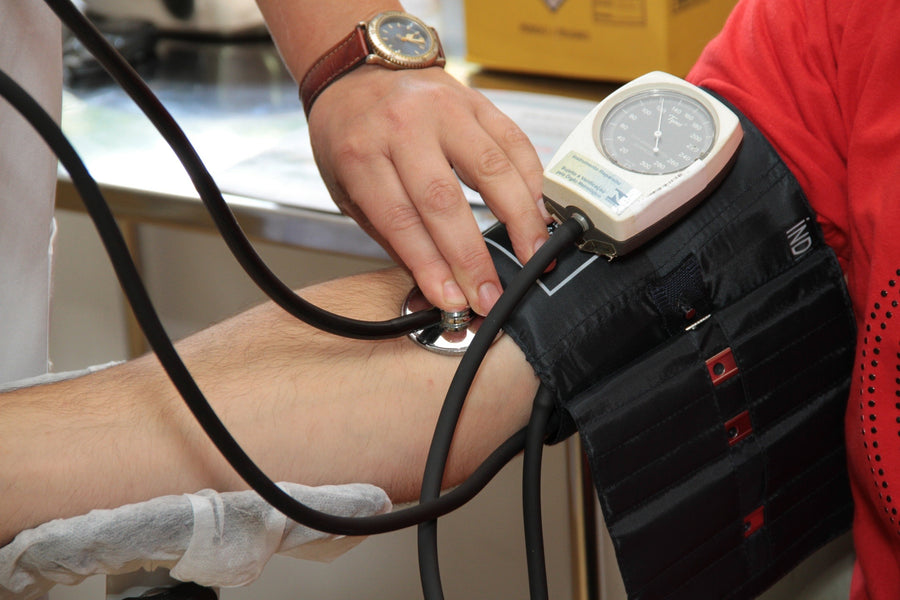
Right after I finished medical school I began my internship at a hospital near Philadelphia, PA. The hours were grueling and twice a week I had to work an overnight shift. One night, around 2 AM, I was woken up to rush to a patient who had fallen down while making her way to the bathroom. The nurse told me she suspected a stroke since the patient had slurred speech and was disoriented. Fortunately the 77 year old patient, who had been admitted for gallbladder surgery, had not broken any bones during her fall. She just had some bruises on her right thigh. I did a full neurological exam and determined her symptoms were not consistent with a stroke. I reviewed her chart and medical history. It turned out her doctor had prescribed Xanax before bed (she was having surgery the next morning and the doctor wanted her to have a good night's rest without worry). I have personally tried Xanax at 0.5 mg. It is a potent anti-anxiety medication. She was given 1 mg, twice the dose that makes me groggy and sleepy. I occasionally take it during overseas airplane flights, along with my personal concoction of sleep inducing herbs, and it helps me catch a few hours of z's. I reassured the nurse that I did not suspect anything serious and there was no reason to call her attending doctor.
I went back to bed since I still had a full day of work coming up. Before breakfast I went up to her room for a follow up. The staff was getting ready to prep her and escort her to the operating room. I chatted with her a couple of minutes. There was no slurring or any signs of disorientation. Apparently she had never taken a sleeping pill before and did not know her doctor had prescribed it to her. Actually she did not remember much of her fall or what happened overnight.
This was my first month at the hospital and I was already starting to suspect that medication mistakes were not uncommon. Certain doctors just did not understand the fragile physical and mental state of some seniors. I think doctors should try themselves some medications that they often prescribe. For instance I think psychiatrists could get further insights into the effects of the antidepressants they prescribe if they themselves experiment with the different SSRI drugs, such as Prozac or Zoloft. If this woman's doctor had tried Xanax himself, he probably would have been more careful and prescribed 0.5 mg or even 0.25 mg instead of 1 mg. That could have still helped her sleep and take the edge off her worry but without the excessive sedation and disorientation.








